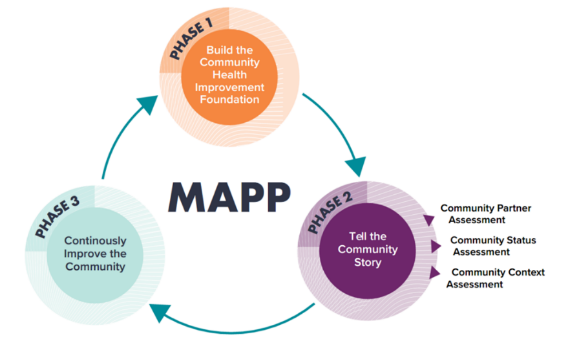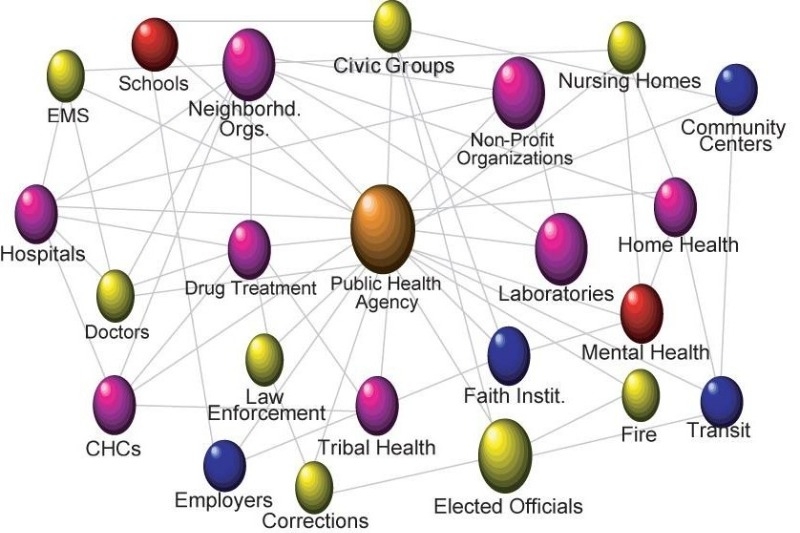Community Health Assessment (CHA)
March 17, 2025
The purpose of the Community Health Assessment (CHA) is to describe the current health status of South Heartland District, identify and prioritize health issues, better understand the range of factors that impact health, and identify assets and resources that can be mobilized to improve the health of our community within the Public Health System. The health issues prioritized in the CHA are addressed within the Community Health Improvement Plan (CHIP), which drives the services we provide. Formal CHA planning happens across South Heartland District every three years.
CHA Reports
- 2024 Community Health Assessment Report
- Attachment A - Additional Methodology
- Attachment B - Community Health Survey Questionnaire
- Attachment C - Community Health Survey Results
- Attachment D - CHA Focus Group Facilitation Guide
- Attachment E - Summary of CHA Focus Group
- Attachment F - Stratified Data for Community Health Priorities
- Attachment G - Assessment for Advancing Community Transformation (AACT) for RISE
- Attachment H - SHD Lead Poisoning Lab Surveillance Report
- Attachment I - Water Quality Surveillance Report
- 2021 Community Health Assessment- mini
- 2018 Community Health Needs Assessment Report
How Do We Assess Our Community?
Mobilizing for Action through Partnerships and Planning (MAPP) is a partner-based framework that emphasizes partnership with all sectors of the public health system to evaluate health status, identify priority areas, and develop plans for implementation. South Heartland leads our district-level assessment using a modified MAPP process. In 2024, SHDHD used MAPP 2.0. MAPP 2.0 (Mobilizing for Action through Planning and Partnerships) is a simple, three-phase process that helps us learn about our community’s health, strengths, and needs. It also helps us work together to plan and carry out actions that make our community a healthier place for everyone.
through Planning and Partnerships) is a simple, three-phase process that helps us learn about our community’s health, strengths, and needs. It also helps us work together to plan and carry out actions that make our community a healthier place for everyone.
Phase 1: Build the Community Health Improvement Foundation
First, we bring together community partners—such as schools, hospitals, local groups, and neighbors—to share ideas and resources. We figure out our common mission, look at what we already have (like data and programs), and set goals so we can address health problems and inequities together.
Phase 2: Tell the Community Story
Next, we gather more detailed information by using three types of assessments:
· Community Partners Assessment (looking at our local organizations’ strengths and what they can do together),
· Community Status Assessment (checking facts and figures about health and social conditions), and
· Community Context Assessment (listening to people’s stories and experiences about living here).
From these assessments, we learn what is affecting our health, where gaps may be, and how we can focus on what matters most.
Phase 3: Continuously Improve the Community
Finally, we create and carry out plans that tackle the biggest issues and keep making progress. We use data, update our plans, and work with our partners to make sure our actions truly make a difference. This ongoing process helps us stay on track, improve what we do, and ensure our community grows healthier over time.


 Launch the media gallery 1 player
Launch the media gallery 1 player